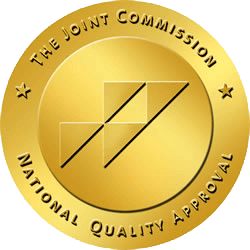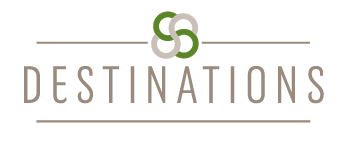Attention-deficit hyperactivity disorder (ADHD) is the most common behavioral disorder among youth, affecting approximately eleven percent of youth in the U.S. The disorder is marked by impulsive behavior, inability to pay attention and excessive physical activity. ADHD and substance abuse frequently occur together. ADHD is considered a chronic condition. Because it can have a negative impact on social development, academic performance and job success, many teens and adults who live with ADHD also have substance abuse disorders.
Self-Medication to Control Symptoms
In an effort to relieve unpleasant symptoms, it is common for those with ADHD to turn to addictive substances such as alcohol, marijuana, heroin, prescription tranquilizers, pain medication or cocaine. Using these substances to decrease and numb feelings is called self-medicating. Adults and teens with ADHD may self-medicate to fit in socially or to slow down their thought process. They may drink or use drugs in response to a sense of frustration or a low self-image. Recovering from co-occurring ADHD and substance abuse requires support from caring professionals who can implement an integrated plan of treatment for their dual diagnosis condition.
Ritalin and Other Stimulant Medications
The FDA approved Ritalin for treating hyperactivity in 1961. Since then, it has been the most common first-line therapy for treating ADHD, especially in young adults. It is currently prescribed to approximately six million people in the US. Other stimulant medications, such as Adderall and Dexedrine, are also frequently used to decrease symptoms. Treatment with Ritalin has helped thousands of people manage the disorder and relieve troubling symptoms. However, because it is a stimulant, which functions in the brain similarly to cocaine, it may cause undesirable or even harmful side effects over time. Ritalin and other prescriptions drugs used to treat ADHD have potential for abuse and misuse. Many wrongly assume such drugs are not dangerous because they are legally prescribed. This contributes to stimulant medications having a high rate of diversion or being given away, traded or sold, which complicates care. The Drug Enforcement Agency’s Drugs of Abuse bulletin for 2015 lists Ritalin alongside other stimulants, such as cocaine, LSD and ecstasy. This does not mean that stimulant drugs have no place in helping those with ADHD. When taken as prescribed, they can be used effectively and safely to alleviate debilitating symptoms. But legitimate concerns highlight the need for appropriate safeguards and careful monitoring.
The Link Between ADHD and Substance Abuse
It is unclear whether stimulant treatment directly affects the potential risk for developing substance use disorders (SUDs) in adolescents with ADHD. Some studies seem to indicate that use of stimulant medications may actually have an inverse relationship with SUDs, but the application of these results is debated. Ritalin prescriptions are normally discontinued when those with ADHD reach adulthood, but these individuals seem to be more prone to cocaine addiction. Ritalin and cocaine are similar drugs, and it may be that adults with ADHD unwittingly use cocaine as a substitute for the calming effects of Ritalin. An important aspect of treating ADHD, and particularly in the management of stimulant medications, is regular screening for signs and symptoms of substance abuse disorders. Providing preventive guidance about the safe use of stimulant medications is essential for helping safeguard against SUDs. If an individual is assessed with a dual diagnosis, including co-occurring ADHD and active substance abuse, they will require careful risk/benefit assessment before prescribing a stimulant medication. As with any dual diagnosis, treating ADHD and substance abuse requires an integrated approach to treatment, which simultaneously addresses both the mental illness and substance abuse disorder. While this may involve medication, it will also include counseling or therapy, self-help groups, ongoing education and other core components that combine to promote healing. Contact us today at 877-466-0620 to learn more about how we can help with substance abuse.


